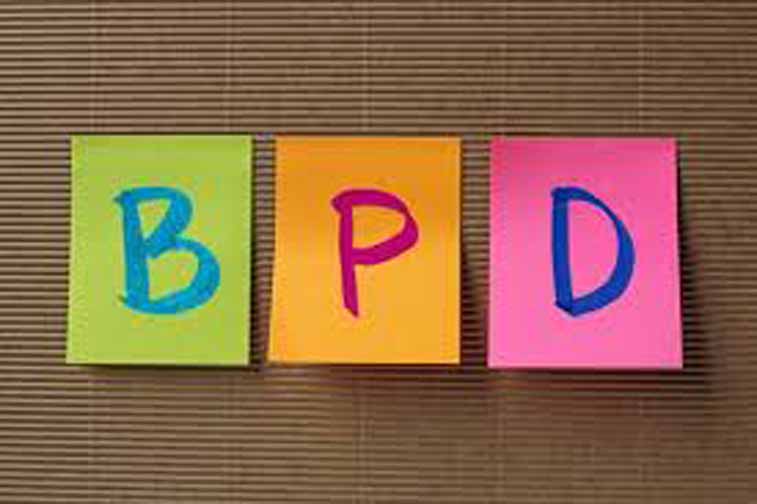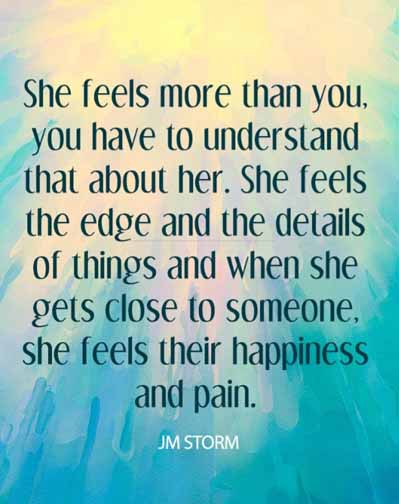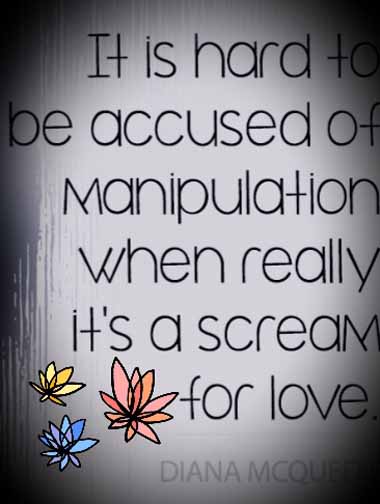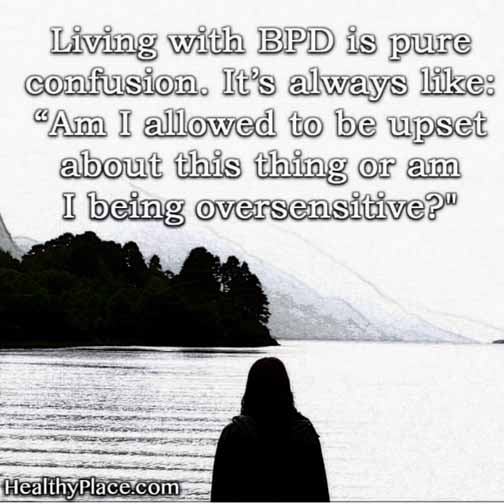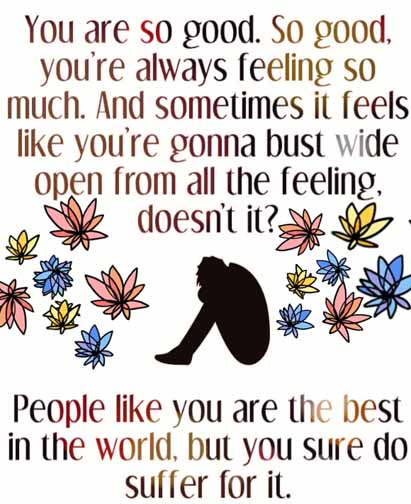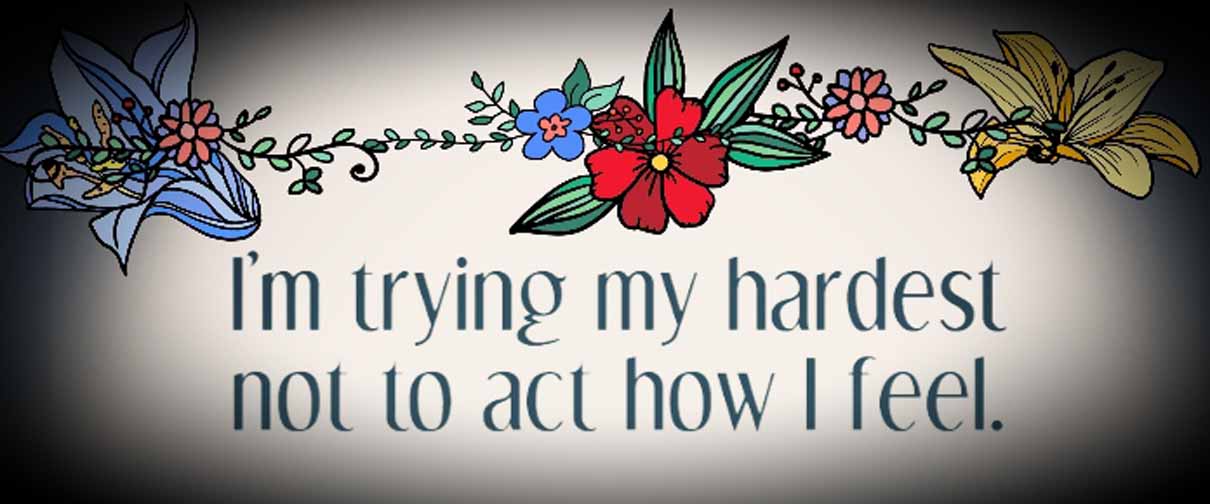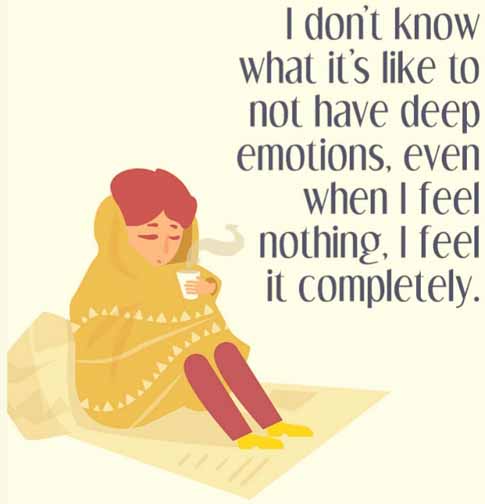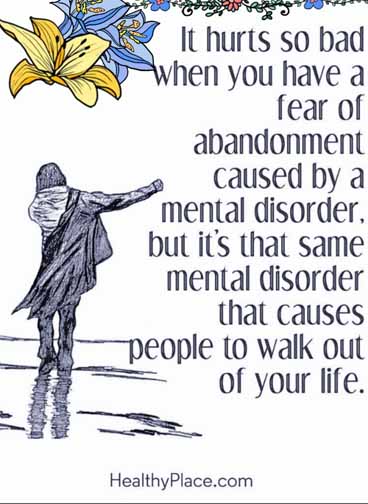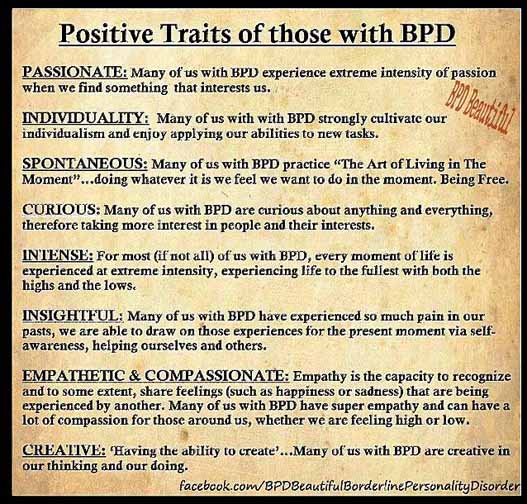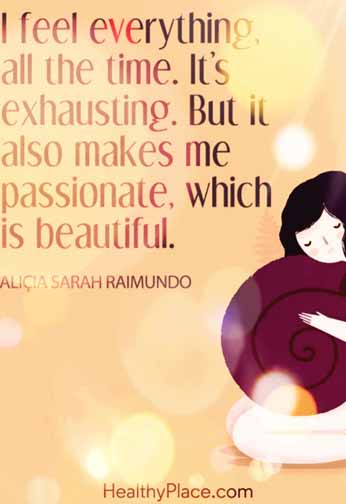7 Weeks Left of DBT in 2020
By: Rachel

This journey started in 2018 when my psychiatrist gave me a questionnaire to fill out in his office. I had already researched what he was giving me, and I knew what the diagnosis would be before we had started talking about my relationship pain that day. I didn’t know what everything would be like after that, and I didn’t know what new things I’d experience with treatment.
Now, after being in Dialectical Behavior Therapy (DBT) for months, I’ll be finishing up in February 2020!
Review: DBT was created for people with Borderline Personality Disorder (BPD) by Marsha Linnehan, who had BPD herself and couldn’t find treatment that worked for her. A lot of people say people who have BPD are therapy-resistant, but really, people with BPD need specialized treatment because the disorder is so complex.
Through this treatment, I gained control over myself. Have you ever felt out of control and like you were afraid of yourself or that you couldn’t control your emotions, whether euphoric or despairing? I felt both of those things, but now I know I have more control over my mind. Feelings are feelings, and it doesn’t mean my feelings reflect the situation accurately. What a lightbulb moment for me! And when I started believing that a feeling won’t last forever, it gave me way more stamina for the emotions I couldn’t stomach or control before. It will pass eventually.
I used to think the unbearable grief and pain I felt would last forever and only get worse, and I used to believe that all the strategies I use that don’t result in me feeling different meant I was using the strategy wrong. Now I know that it’s okay to distract from the pain sometimes, and when I come back to face it, it might be less overwhelming. I might be practicing a skill, and it will feel like it works sometimes and not other times, but I’m still learning the skill better than I did before, and I’m trying, which means I didn’t give up.
If you’ve seen Frozen II, remember that song Anna sings as she climbs out of the (physical and metaphorical) depths. She talks about not seeing hope and being too overwhelmed to look ahead but knowing that she has to take the next step and do what’s right anyway. I saw a shirt with a quote about BPD that said the “bad” days are the days we fight the hardest. I know how to do the next right thing, even when I’m so anxious I don’t even want to move, even when I’m so down I don’t want to get up or eat, even when I’m so sad about relationships that I feel hopeless.
I wish DBT could have made me not see so black and white by now. I wish DBT had given me perspective so I can understand what people mean and what they’re doing. I wish it had made me less depressed so that I don’t have so much trouble with my memory for words when I’m having conversations. I have to work so hard to think, to do tasks, to finish laundry, to schedule things. And life doesn’t make it easier. Bad things happen. I think my brain has a hard enough time without adding life to the equation. And I’ve never been good at math. There’s just too many unknowns–I always forget how to get that X free from that side of the equal sign and why the Y has to be there too– and what the crap, sometimes it’s not even normal like an equal sign; sometimes it’s an unequal sign or a greater than or less than sign. I don’t know how to sort it out.
God talks about His strength being perfect in my weakness and that He will finish what He started in me. And Paul says he’ll boast in his weakness so God’s power will rest on him and that I can comfort other people with the comfort that God has comforted me with. So maybe God’s story about me will help someone else, and maybe it will help the next person choose to get therapy, and maybe it’ll help someone who’s really isolated to open up or to change the way people see BPD.
I think that’s worth the scariness of sharing.
And when I graduate from DBT, I won’t stop practicing.

